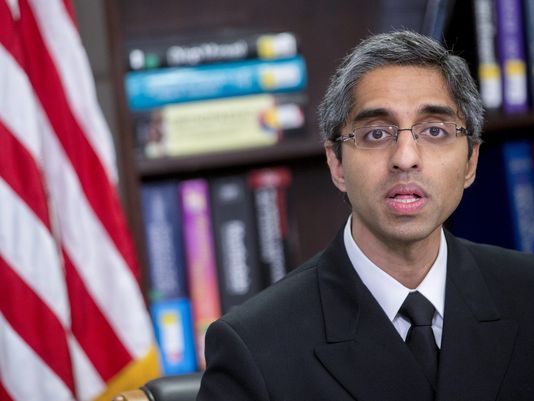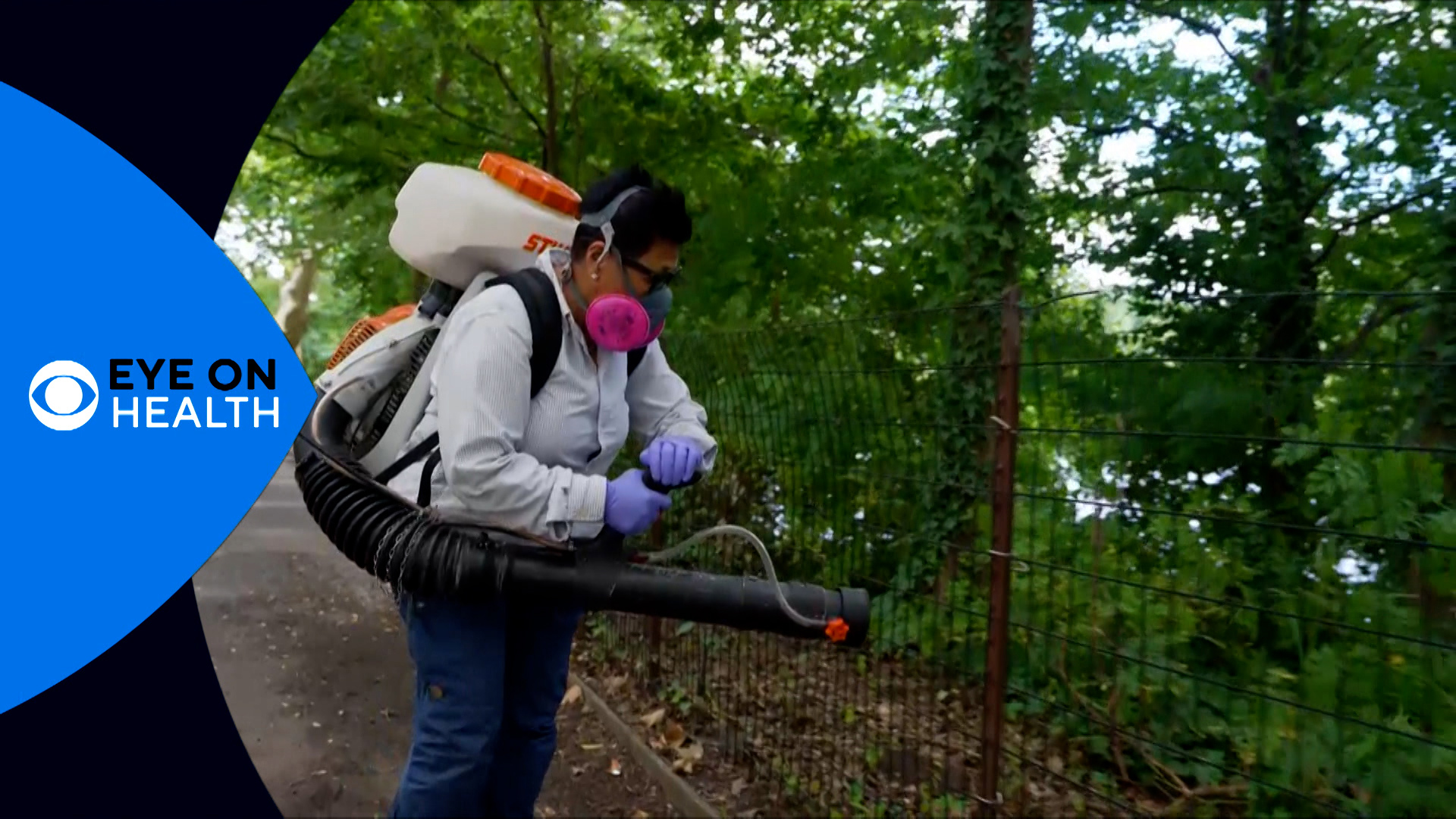A new federal report released Thursday calls for a shift in the way America addresses substance addictions, finding one in seven Americans will face such disorders. Only 10% of those now addicted receive treatment, the study said.
Facing Addiction in America: The Surgeon General’s Report on Alcohol, Drugs, and Health marks the first report from a U.S. surgeon general dedicated to substance addiction, raising the profile of the widespread epidemic and advocating proven treatment options.
An American dies every 19 minutes from opioid or heroin overdose alone, and Thursday’s report spells out the cost of substance abuse. The economic impact of drug and alcohol misuse and addiction amounts to $442 billion each year -- topping diabetes at $245 billion, said Vivek Murthy, the surgeon general.
“At a time when we are resource constrained already, we cannot afford, for humanitarian reasons or financial reasons, to not address addiction in America,” Murthy said in an interview with USA TODAY.
Every $1 invested in viable treatment options for substance use disorders saves $4 in health care costs and $7 in criminal justice costs, Murthy said. That’s one reason why the report advocates for a paradigm shift on addiction that removes the stigma from addiction, creating more patients and less prisoners.
“We have to recognize (addiction) isn't evidence of a character flaw or a moral failing,” Murthy said. “It’s a chronic disease of the brain that deserves the same compassion that any other chronic illness does, like diabetes or heart disease.”
Nearly 21 million Americans struggle with substance addictions, according to the report. That’s more than the number of people who have all cancers combined.
That only one in 10 people with substance addictions receive treatment points to the significant holes in America’s health care system. High costs, a lack of screening for addictions and a fragmentation of health care services worsens the problem, according to the report.
One bright spot for those seeking treatment has been the Affordable Care Act, or Obamacare, which opened up 20 million to receive health insurance, Murthy said. The law, along with the Mental Health Parity and Addiction Equity Act of 2008, increased access to addiction treatment services.
In the wake of last week’s election, the Affordable Care Act seems all but doomed. Whatever happens over the next four to eight years, Murthy said, continuing to expand coverage will remain key to addressing addiction.
But it’s going to take much more, he noted.
“Solving this problem is not going to take place if we just pass a few laws or if public health experts just start a few more programs. It’s actually going to take all of us coming together to do our part.”
That means parents talking to kids about addiction -- early, he said. People who start drinking before age 15 are four times more likely to become addicted later in life than those who start at 20 or later, according to the report. It means schools implementing prevention programs and doctors receiving training on how to screen, diagnose and treat substance use disorders.
And of course, policy makers must put resources into prevention and treatment programs, too, Murthy said.
The report stresses that successful treatment of addiction requires more than a stint with a treatment program. Professional counseling and a supportive relationships both play key parts.
“I’ve just understood that addiction really touches everyone’s life,” the surgeon general said. “It’s a disease that doesn’t discriminate, and it’s one that’s taking an extraordinary toll on our communities across the country.”
Duke University Health Pain Expert Released the Following Statement:
"This is an outstanding report that outlines ways to deal with an overt problem around addiction and substance abuse, and provides full recognition that this is disease rather than a character flaw," says Duke Health pain expert Dr. William Maixner, director of the Center for Translational Pain Medicine and Innovative Pain Therapies within Duke’s Department of Anesthesiology.
There is an inter-relationship between this very overt substance abuse epidemic, which affects more than 20 million people in the U.S. and has a profound impact on the human condition, and the subtler and large covert epidemic of chronic pain. Chronic pain impacts over 100 million Americans, but what it has in common with a huge portion of the substance abuse epidemic is opioids.
As a pain expert, I had hoped the Surgeon General’s report would present a greater emphasis on the need to develop alternatives to opioids that can be used for pain management, which would eliminate this key pathway to abuse. We have a fundamental problem when we are trying to manage pain for the 100 million people who have some form of chronic pain, and opioids are among the few therapies available that work.”


